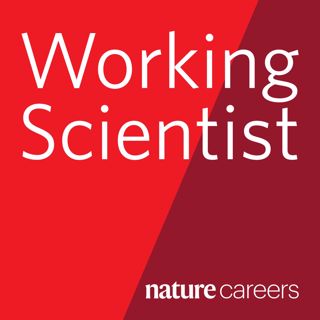Om avsnittet
In the penultimate episode of this six-part podcast series about team science, Richard Holliman describes a project involving indigenous researchers in Guyana who wanted to limit insecticide spraying without jeopardising the South American country’s efforts to tackle malaria.The early warning system they developed with Andrea Beradi, an environmental systems researcher and a colleague of Holliman’s at the Open University in Milton Keynes, UK, involved satellite technology, drones and ground monitoring systems.Holliman, who studies engaged research, says members of the wider project team were all paid and listed as co-authors. “That was a really straightforward example of just recognizing contributions from some fabulous people,” he adds. But sometimes, he argues, payment and authorship on a peer-reviewed paper may not be what co-producers are seeking. Instead they may want to co-write a report that would better serve their community’s needs in discussions with policymakers.Helen Manchester, who researches participatory sociodigital futures at the University of Bristol, UK, adds: “For me, there’s a real politics to knowledge production. We really need to be considering all the time when we’re doing our research, to think about our own position as researchers and our relationship to and with other people.”And finally, Lorraine van Blerk, whose project about homeless young people in African cities featured in a previous episode, lists key questions to ask when working with young people in a research setting. “How do we make sure that young people are involved in the research design, in the data collection, and the analysis and impact of data?” she asks.Team Science showcases the roles of research managers, administrators and technicians, and their often hidden contributions to the scientific enterprise, and is a collaboration between Nature Careers and Nature Index. The series is sponsored by Western Sydney University. This episode, and others in the series, concludes with a section looking at how it is helping to champion team science. Hosted on Acast. See acast.com/privacy for more information.
Senaste avsnitten

How we slashed our lab’s carbon footprint

Meet the retired scientists who collaborate with younger colleagues

A dumpster full of mercury and other things to avoid: lab closures made simple

Pension planning and psychosocial support: how institutions can help academics at the late career stage

“Who am I if not a scientist?” How to find identity and purpose in retirement

Choose your own adventure: navigating retirement after an academic career

The last few miles: how to prepare for the late-career stage in science

Counting the cost of fashion’s carbon footprint

Why female students at an inner London school are seeing scientists in a different light

